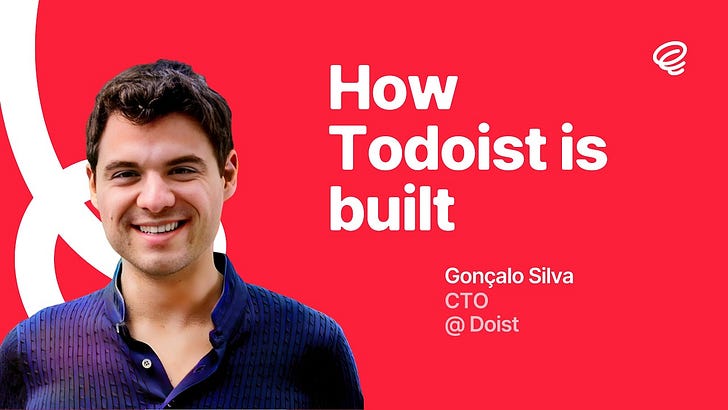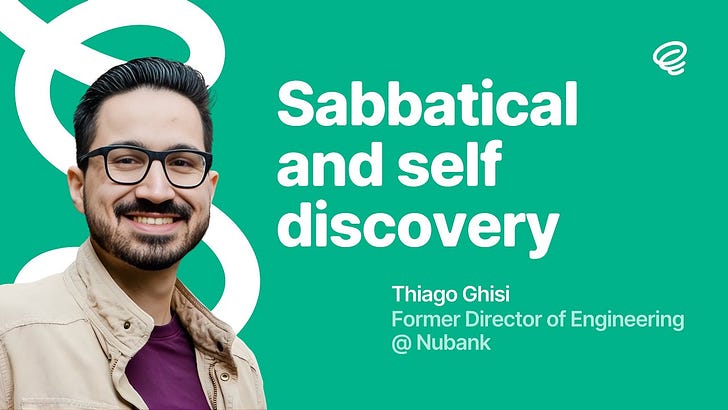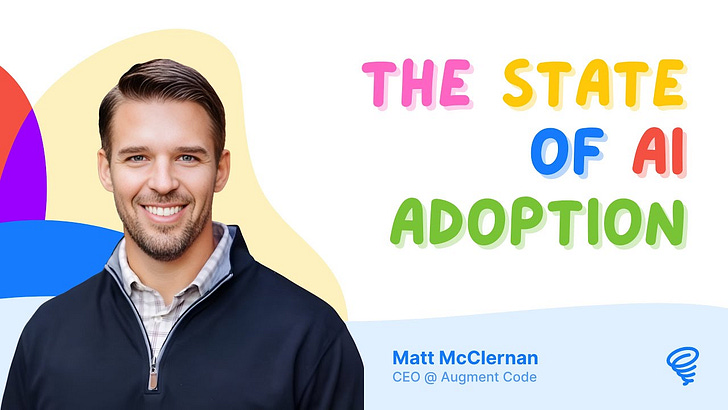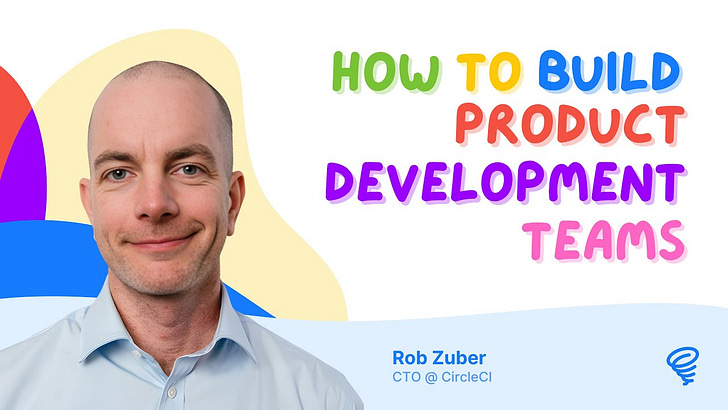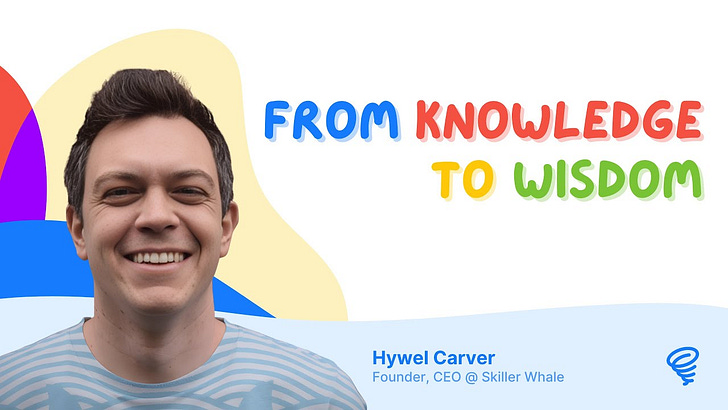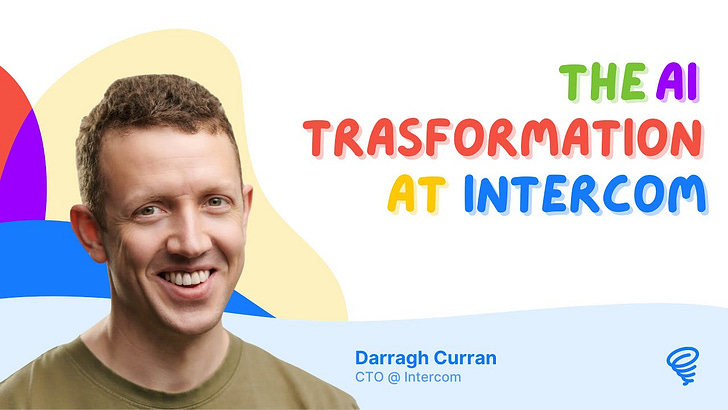Today's guest is Rachel Potvin! Rachel is SVP of Engineering at Sanity, ex-VP of Engineering at Github, and previously worked at Google and Ubisoft. She has had an incredible career journey and is a world renowned speaker.
With Rachel we talked about her journey across what feels like different generations of companies. We discussed scaling teams, challenges, lessons learned and the great work she's doing at Sanity right now.
🎙️ Episode
You can watch the full episode on Youtube:
Or listen to it on Spotify, Apple, Overcast, or your podcast app of choice.
🥇 Interview Summary
If you are a 🔒 paid subscriber 🔒 you will find my own summary of the interview below.
It’s the 10-minute, handcrafted takeaways of what we talked about, with timestamps to the relevant video moments, for those who don’t have time to sit through the 1-hour chat.
Here is the agenda for today:
🖥️ Working at Github — challenges and lessons learned about scaling Rachel’s team from 100 to 500 engineers.
🚀 Joining Sanity — how Rachel chose to move from big tech to a startup.
⚖️ Big Tech vs Startup — how strategy and agility change when you are a small company.
Let’s dive in 👇
🖥️ Working at Github (video)
Rachel got first involved with Github during her time at Google, when Google Cloud attempted to acquire it!
The attempt, as we know, was not successful, and Github was eventually acquired by Microsoft, but those conversations made Rachel pause.
Rachel was, among other things, managing Google’s Developer Productivity Research Team, and she thought how exciting it would be to work on developer productivity for the whole world — at Github — as opposed to doing that for the Google team.
Still, she was unsure about joining a new environment — that kind of insecurity that comes with staying for 11 years in one place, and then you wonder if you can be just as good elsewhere.
Nonetheless, her experience at Github was awesome. Here are a few takeaways:
1) Growth 🪴
The team grew from 100 to over 500 engineers through acquisitions, mergers, and new hires, leading to numerous product accomplishments, like the launch Copilot, Codespaces, and the whole advanced security area.
2) Relationship with Microsoft 🤝
Leadership at GitHub was careful about maintaining independence, but also collaborated with Microsoft on important wins, like the migration to Azure.
3) Engineering council 👑
Rachel learned that one of the biggest productivity killers are tough decisions that cannot be owned by any single individual, so they float around for a long time, creating insecurity and resentment.
Rachel created an engineering council to address those, like deciding whether to move everything to React or not.
4) Monolith to microservices 🗿
GitHub had a problematic deployment process for their Ruby on Rails monolith, which took almost a day to get through. So they worked on componentizing their app and improving the release process.
The whole process was reworked to allow for continuous deployment across multiple environments without downtime, which was especially important for enterprise customers.
5) Hypergrowth 🚀
Rachel’s team went from 100 to 500 people in a little more than 3 years. That took a toll on productivity, due to the continuous hiring, onboarding, and processes that needed to be reworked.
In hindsight, Rachel believes they shouldn’t have hired as much, and that they underestimated the (negative) impact of hypergrowth.
6) Bureaucracy 🏢
During his last year of tenure, Rachel started losing some passion for her role, as she dealt with more and more bureaucracy, and felt disconnected from hands-on work.






